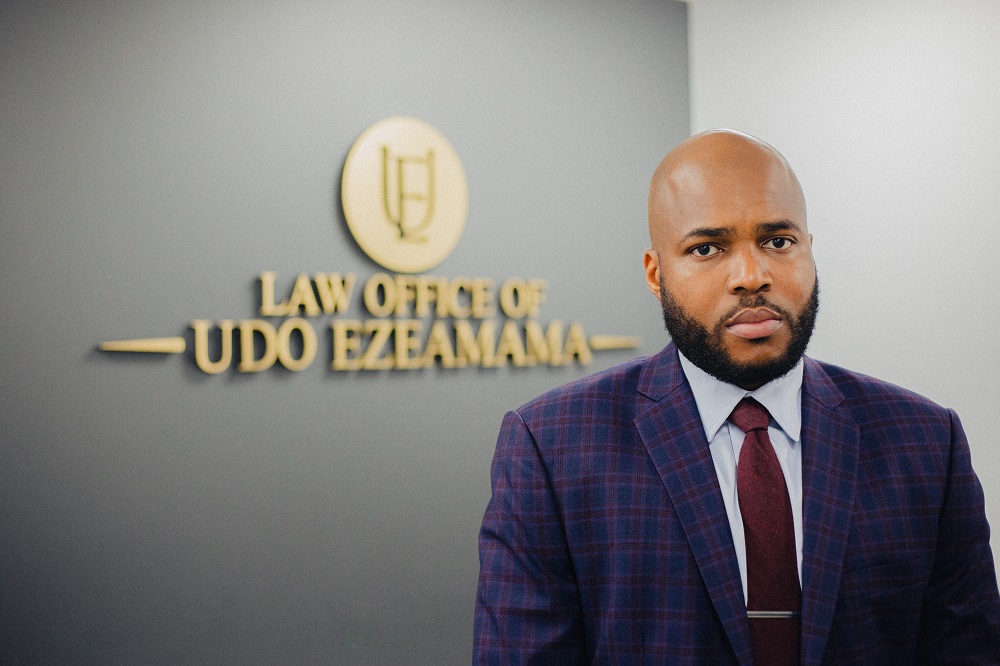Athletes have long been recognized for their dedication, skill, and ability to perform at an elite level. But beyond the trophies and accolades, their careers can open doors in unexpected ways—including the path to U.S. permanent residency. Nigerian football star Ahmed Musa is a prime example of how professional athletes, even retired ones, can leverage the EB-1 visa to obtain a U.S. green card.
How Ahmed Musa Used an EB-1 Visa to Secure a U.S. Green Card | What is the EB-1 Visa?
The EB-1 visa, also known as the Employment-Based First Preference visa, is a category of U.S. immigration reserved for individuals with extraordinary abilities in fields such as sports, arts, education, business, and science. It allows top talents to obtain a green card without needing employer sponsorship.
For athletes, this visa is particularly beneficial as it recognizes achievements at the highest levels, making it easier for them to transition to life in the U.S. whether for career advancement, business opportunities, or personal reasons.
Ahmed Musa’s Path to the EB-1 Green Card
Ahmed Musa, one of Nigeria’s most celebrated footballers, successfully secured his U.S. green card through the EB-1 visa. His international recognition, including his participation in multiple FIFA World Cups and his accomplishments at both club and national levels, positioned him as an athlete of “extraordinary ability.”
His eligibility was based on the key EB-1 criteria:
- Sustained national and international acclaim – Musa’s performance in the 2014 and 2018 FIFA World Cups, where he scored crucial goals, showcased his talent on a global stage.
- Significant contributions to football – Having played in top leagues, including the English Premier League and the Saudi Pro League, his career achievements demonstrated exceptional merit.
- Awards and media recognition – With multiple honors and a distinguished career with Nigeria’s national team, Musa’s track record strengthened his case for an EB-1 visa.
By meeting these qualifications, Musa was able to bypass traditional work visa hurdles and obtain U.S. permanent residency through the EB-1 category.
How Other Athletes (Including Retired Ones) Can Qualify
While active professional athletes often meet the EB-1 criteria due to their ongoing performance and media recognition, retired athletes can also take advantage of this immigration pathway. Here’s how:
1. Coaching & Mentorship
Many retired athletes transition into coaching roles, mentoring young talents, or running sports academies. If they can demonstrate their influence and impact in the industry post-retirement, they can qualify under the “extraordinary ability” criteria.
2. Awards & Recognitions
Even if an athlete is no longer competing, their past accolades, championships, and awards remain valid credentials. Having won medals in global competitions or playing at the highest level can still qualify them for an EB-1 green card.
3. Business & Sports Management
Some former athletes establish sports-related businesses—such as training centers, fitness brands, or media platforms. If their ventures contribute significantly to the sports industry, they can use this as a basis to apply for an EB-1 visa.
4. Media & Public Speaking
Retired athletes who transition into sports commentary, analysis, or motivational speaking can still leverage their reputations to prove they remain influential figures in their field.

How Ahmed Musa Used an EB-1 Visa to Secure a U.S. Green Card | The Bottom Line
The EB-1 visa provides a direct and viable route for athletes—both active and retired—to gain U.S. permanent residency. As Ahmed Musa’s case shows, global recognition and achievements in professional sports can serve as powerful credentials for obtaining a green card.
For athletes looking to make the U.S. their home, whether for career growth, investment opportunities, or personal reasons, understanding the EB-1 process is crucial. If you or someone you know has had a distinguished career in sports, consulting with an immigration attorney can be the first step toward making the U.S. a permanent residence.


